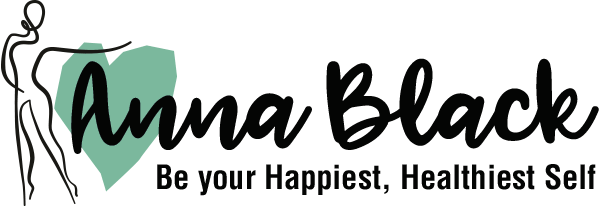The Facts
The microbiome is a mix of all the bacteria and microbiata in the intestine. Studies are ongoing but more and more research is showing the link between our gut and our brain, and how the microbiome can influence our mental state and other physical issues. The main connection is via the vagus nerve – a superhighway that carries information from the brain to the gut, but also vice versa. A stressed and unhappy gut really can tell the brain that we are stressed and unhappy.
So what does a happy gut look like?
Research has shown that a variety of nutrition and exercise has enormous benefits on the gut, the more variety the better. From a nutrition perspective the American Study suggested 30 different plant foods a week (this includes wholegrains as well as fruit, vegetables, nuts) can reap enormous rewards both in physical and mental terms. Also a variety of colours can help the gut, and the immune system (70% of which lives in the gut) as the different colour pigments all hold different phytonutrients. So broccoli every night is not enough. Read more under the blog “30 Different Plant Based Foods”.
The Research
The Smiles Trial, an Australian study in 2012, found that people with anxiety and depression who followed a Mediterranean diet (a plant based diet, plus oily fish, extra virgin olive oil) had a reduction of 35% in remission of depression (compared to 8% of the control group) after 3 months.
Professor John Cryan, Professor of Anatomy and Neuroscience at Cork University, says that whilst a lot more research needs to be done initial findings are that the microbiome enormously affects us mentally. A study done on mice, found that by copying a depressed humans microbiome, and implanting this into a normal mouse, the mouse became depressed and listless.
A third study was done on African Africans – who generally eat a diverse plant based diet and have few metabolic syndromes, and African Americans – who follow a western diet and generally have many. The study switched their diets and found that after two weeks that their markers (microbiata diversity) and moods had completely switched also. After just two weeks!
Why does it affect the 40s Woman
As previous blogs have outlined, hormones fluctuate constantly and side effects including PMT, flooding, brain fog, belly fat, can be the result both of a decrease in hormones as well as a lack of balance. One of the key ways we keep our hormones in balance is through excreting the excess hormones – our body’s clearing system. Keeping your gut happy, and your bowels regular is therefore essential especially as constipation can not only cause an upset of your hormone balance but also cause a host of other problems from pelvic floor to heart issues.
In addition as our hormones change we have a greater propensity towards anxiety and stress, plus Goedert et al found in a study in 2015 that post menopausal women had a less diverse faecal microbiome. Therefore following a diverse and varied diet to keep your gut and therefore your brain happy is more important than ever. Control those controllables.
Prebiotics and Probiotics
Probiotics are foods that hold the good bacteria that are beneficial for your gut. They can be found naturally in live yogurt, greek yogurt, kefir (one of the best as has a whole host of different bacteria), kimchi and saukraut. Prebiotics are the fertilisers that feed your probiotics. These can be found in cabbage, leaks, asparagus, dark leafy greens, plus high cocoa chocolate. 85% and above cocoa content has the best results! Supplements can also work but what works for one person, might upset another. I use Bimuno prebiotic and am still looking for a probiotic that works well for me. Increasing those whole foods though can work wonders!
And again, don’t forget when we eat plays an important role. Letting our gut recover from having to digest is being shown time and time again to benefit our gut, liver, and even sleep.
So once again, we can see that the body is linked in everyway. A variety of plants, wholegrains, exercise is key in helping the gut to work optimally, making us feel better and I believe also happier!
